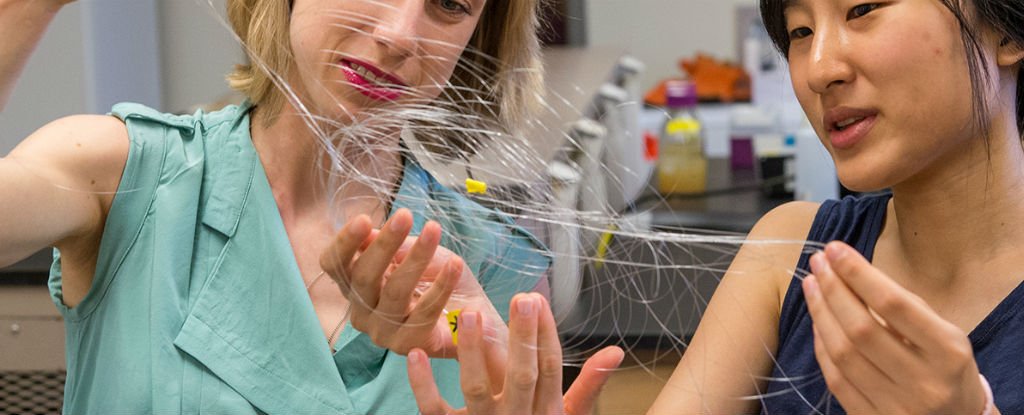Researchers have just been granted US$16 million in funding to go towards the development of brain implants that could one day help paralysed limbs come back to life.
These "bidirectional brain-computer interfaces" handle the crucial links between the brain and the spinal cord, bridging gaps caused by injury or a stroke. The miniature implants would be designed with the capability to detect the brain's intention to do something and then transfer that intention to the appropriate part of the body - a complex procedure that the able-bodied often take for granted.
"When Christopher Reeve sustained a spinal cord injury due to a fall from his horse, his brain circuits were still intact and able to form the intention to move, but unfortunately the injury prevented that intention from being conveyed to the spinal cord," said Rajesh Rao, director of the Centre for Sensorimotor Neural Engineering (CSNE) at the University of Washington.
"Our implantable devices aim to bridge such lost connections by decoding brain signals and stimulating the appropriate part of the spinal cord to enable the person to move again."
The new round of funding comes from the US National Science Foundation and will be spread over four years. The team at CSNE says it wants to have proof-of-concept demonstrations in humans in the next five years, with approved devices following after that. There's hope that the system could be used to help the nervous system actually repair and rewire itself by working around damaged regions.
"There's a huge unmet need, especially with an ageing population of baby boomers, for developing the next generation of medical devices for helping people with progressive or traumatic neurological conditions such as stroke and spinal cord injury," says Rao.
While electrical brain implants are becoming more and more common in the treatment of diseases such as Parkinson's, the constant bombardment of pulses - even when a person is resting - can lead to unwanted side effects and of course drain the device's battery very quickly. The CSNE researchers are working on the next generation of so-called closed loop implants, which apply targeted electrical stimulation only when needed.
The team plans to use some of the funding they've received to research the ethics of these brain implants, which have the potential to fundamentally change a person's brain, and perhaps even their identity. If human trials are successful and the technology is approved for the wider market, we're going to have to be ready for any psychological effects that could come with the physical benefits.
Fuente: www.sciencealert.com
